The State of Science
What the Future Holds and
the Scientists Making It Happen
Marc Zimmer


An imprint of The Rowman & Littlefield Publishing Group, Inc.
4501 Forbes Boulevard, Suite 200
Lanham, Maryland 20706
www.rowman.com
Distributed by NATIONAL BOOK NETWORK
Copyright 2020 by Marc Zimmer
All rights reserved. No part of this book may be reproduced in any form or by any electronic or mechanical means, including information storage and retrieval systems, without written permission from the publisher, except by a reviewer who may quote passages in a review.
British Library Cataloguing in Publication Information Available
Library of Congress Cataloging-in-Publication Information
Name: Zimmer, Marc, author.
Title: The state of science : what the future holds and the scientists making it happen / Marc Zimmer.
Description: Guilford, Connecticut : Prometheus Books, [2020] | Includes bibliographical references. | Summary: New research and innovations in the field of science are leading to life-changing and world-altering discoveries like never before. What does the horizon of science look like? Who are the scientists that are making it happen? And, how are we to introduce these revolutions to a society in which a segment of the population has become more and more skeptical of science? Climate change is the biggest challenge facing our nation, and scientists are working on renewable energy sources, meat alternatives, and carbon dioxide sequestration. At the same time, climate change deniers and the politicization of funding threaten their work. CRISPR (clustered regularly interspaced short palindromic repeats) repurposes bacterial defense systems to edit genes, which can change the way we live but also presents real ethical problems. Optogenetics will help neuroscientists map complicated neural circuitry deep inside the brain, shedding light on treating Alzheimers and Parkinsons disease. Zimmer also investigates phony science ranging from questionable health products to the fervent anti-vaccination movement. Zimmer introduces readers to the real people making these breakthroughs. Concluding with chapters on the rise of women in STEM fields, the importance of U.S. immigration policies to science, and new, unorthodox ways of DIY science and crowdsource funding, The State of Science shows where science is, where it is heading, and the scientists who are at the forefront of progressProvided by publisher.
Identifiers: LCCN 2019054457 (print) | LCCN 2019054458 (ebook) | ISBN 9781633886391 (cloth) | ISBN 9781633886407 (epub)
Subjects: LCSH: ScienceHistory. | ScienceSocial aspects. | ScienceForecasting.
Classification: LCC Q172 .Z56 2020 (print) | LCC Q172 (ebook) | DDC 500dc23
LC record available at https://lccn.loc.gov/2019054457
LC ebook record available at https://lccn.loc.gov/2019054458
 TM The paper used in this publication meets the minimum requirements of American National Standard for Information Sciences Permanence of Paper for Printed Library Materials, ANSI/NISO Z39.48-1992.
TM The paper used in this publication meets the minimum requirements of American National Standard for Information Sciences Permanence of Paper for Printed Library Materials, ANSI/NISO Z39.48-1992.
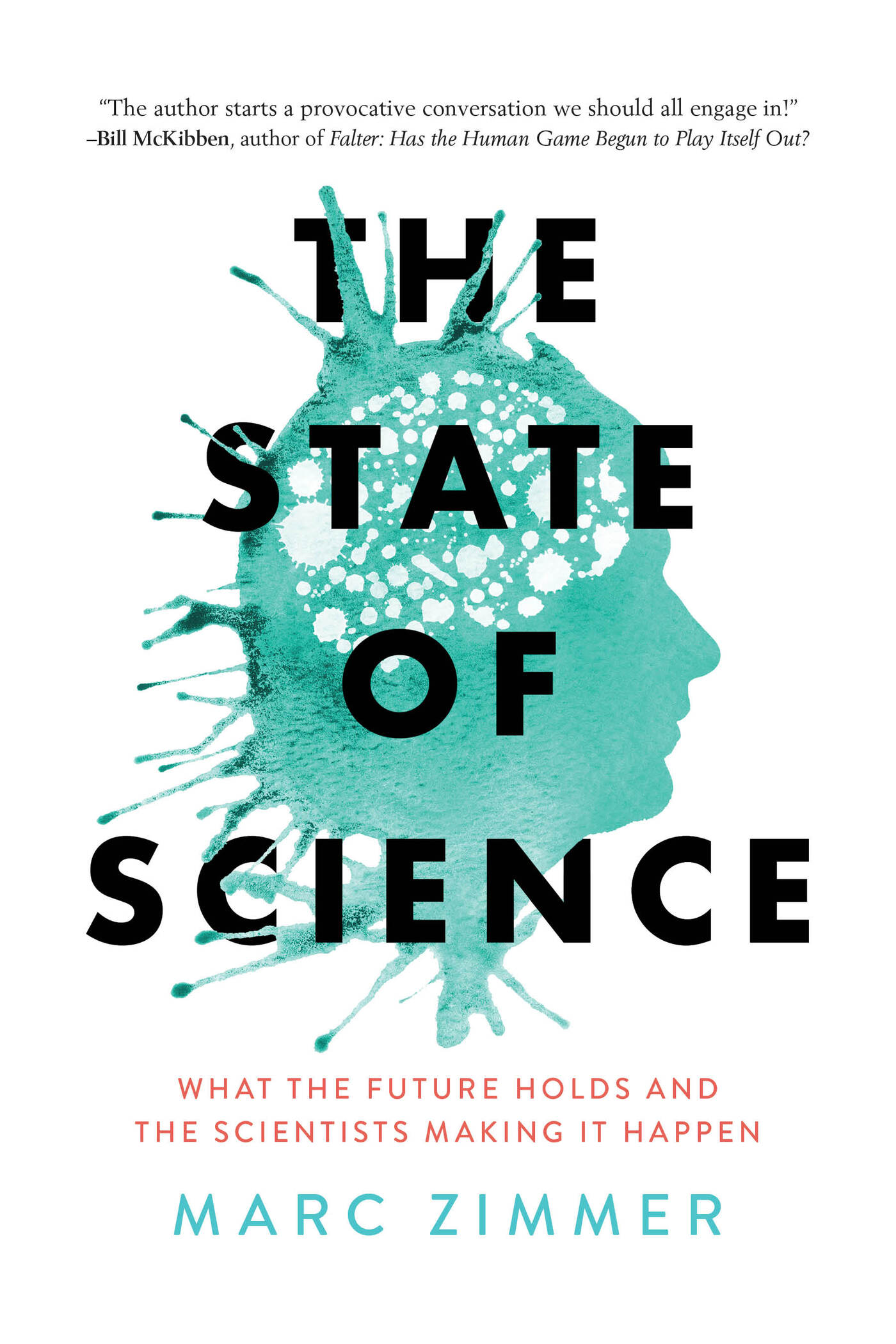
Part One
Science
Chapter 1
The Big Picture
State of the Union address: A yearly speech given by the U.S. president to Congress and the people to tell them about important things that are affecting the country.Merriam-Webster Collegiate Dictionary
Every year the leaders of countries, corporations, and universities present their views of the current conditions of their respective institutions. Given the function of these statements, they are often a top-down view with a biased perspective designed to make their current administrations look good.
There is no such annual report on science. This book is a report on the state of science from a practicing scientist, a view from the trenches. It is not meant to be a top-down view, nor is it meant to make anyone look good or bad.
I have written this book because science is not the same as it was in the first 2025 years of my career. The way science is done, funded, and disseminated is evolving. At the same time, science is being politicized, and the publics trust in science is being undermined. Yet science remains the engine of our economy and is responsible for our improved well-being. And perhaps now more than ever before, it is at the cusp of altering the most fundamental aspects of our daily lives.
What Is Science?
This is probably a good point in the book to define science and scientist. The Merriam-Webster Collegiate Dictionary defines science as the state of knowing as distinguished from ignorance or misunderstanding. However, I much prefer Karl Poppers perspective, according to which a hypothesis has to be inherently disprovable for it to be a scientific theory. It is difficult to imagine an experiment that can disprove the existence of beauty and God. Hence the study of beauty and God is not science. Albert Einstein proposed the existence of gravitational waves. Their existence was provable, although the equipment to do so didnt exist when Einstein came up with his general theory of relativity, and it took close to 100 years to actually prove that they exist (chapter 6). It was disprovable and therefore a scientific theory. Scientists use experiments to test their theories and hypotheses. No map shows the way to prove or disprove a theory; the scientific process is not linear. Neil Gershenfeld, director of MITs Center for Bits and Atoms, writes that to find something thats not already on the map, you need to leave the road and wander in the woods besides it. He feels that nonscientists do not recognize that science appears to be goal-directed only after the fact. While its unfolding, it is more like a chaotic dance of improvisation, than a victory march. It is also important to realize that uncertainty is an inherent and unremovable component of scientific experimentation. It is not a weakness; it is a strength. Critics of science often disparage scientific results on the basis of included uncertainties. This is a mistake born from a lack of understanding.
Before 1833, people who conducted experimentswho mixed, observed, and synthesized chemicalswere called natural philosophers. Newton, Galen, Galileo, and Mendel were all natural philosophers. In 1833 William Whewell, a professor at Cambridge University, coined the term scientist to highlight the fact that these were empirical folks and not philosophers of ideas. Like an artist works with art, a scientist works with science. As an analogy of artist, the word scientist was infused by Whewell with creativity, intuition, and professionalism.
There is a commonly told tale that Whewell derived and popularized the term scientist because he needed an alternative to the commonly used phrase man of science to describe Mary Somerville in a positive review he was writing about her.
No matter whether Mary Somerville was the woman for whom the word scientist was made, we can think of scientists as empiricists who use their creativity to prove or disprove theories. Of course scientists are human, as they can discover gloriously complex theories while also misinterpreting and presenting data in wondrously imperfect ways that lead to fantastic new models that are wrong and subsequently disproven. That is the way scientists perform science.

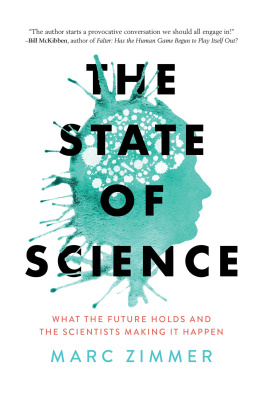
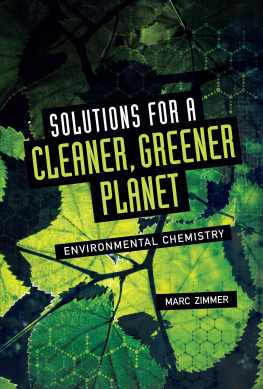
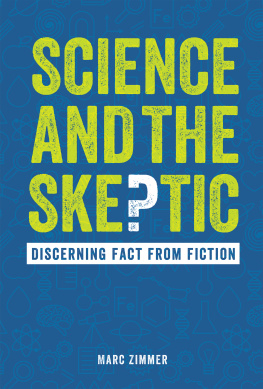
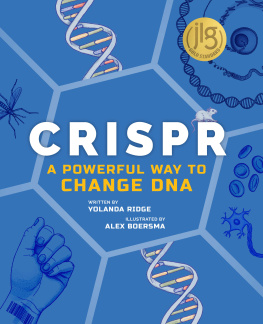
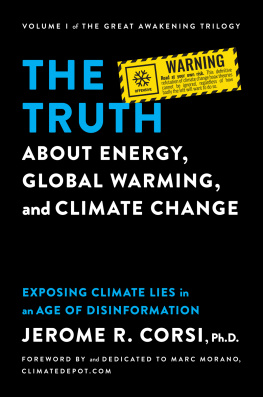
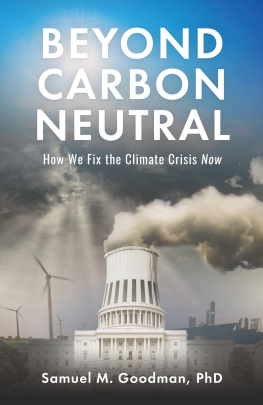
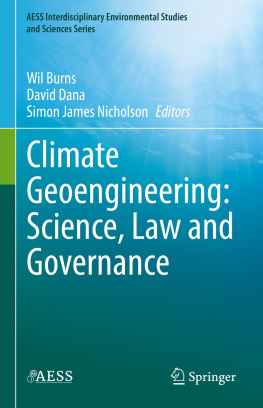

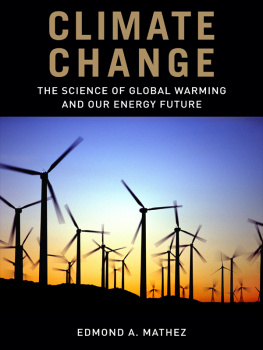
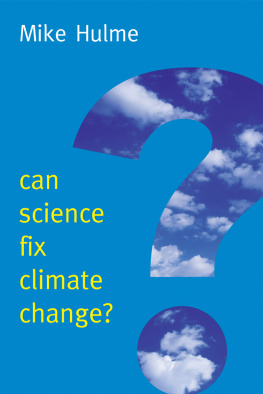
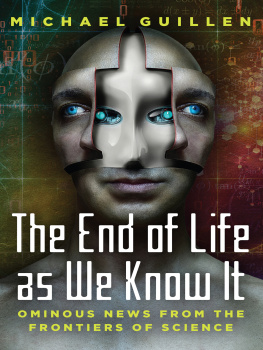
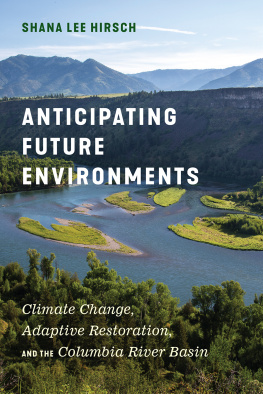


 TM The paper used in this publication meets the minimum requirements of American National Standard for Information Sciences Permanence of Paper for Printed Library Materials, ANSI/NISO Z39.48-1992.
TM The paper used in this publication meets the minimum requirements of American National Standard for Information Sciences Permanence of Paper for Printed Library Materials, ANSI/NISO Z39.48-1992.